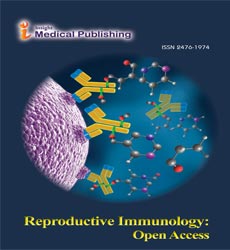Abstract
Human chorionic gonadotropin-can natures own anti-rejection agent help in reducing chronic rejection in solid organ transplantation?
The immune changes that accompany pregnancy are in several ways similar to those required for solid organ transplantation. Successful pregnancy involves controlled downregulation of the maternal immune system with increased tolerance of foetal cells expressing paternal HLA antigens. This is mediated principally by human chorionic gonadotrophin which has a documented ability to alter the action of T cells, dendritic cells and natural killer cells as well as increasing vascularisation. Chronic graft rejection is now the leading cause of graft dysfunction and failure. Long term anti-rejection therapy is accompanied by immune deficiency and an adverse cardiovascular profile. In contrast, overall immune function is preserved in pregnancy and pregnant women generally feel well. As such hCG initially added to conventional therapy may reduce or prevent chronic rejection in transplantation. In the future hCG may even replace long term anti-rejection therapy.
Author(s):
Amolak S Bansal
Abstract | Full-Text | PDF
Share this

Google scholar citation report
Citations : 237
Reproductive Immunology: Open Access received 237 citations as per google scholar report
Abstracted/Indexed in
- Google Scholar
- Sherpa Romeo
- China National Knowledge Infrastructure (CNKI)
- Secret Search Engine Labs
Open Access Journals
- Aquaculture & Veterinary Science
- Chemistry & Chemical Sciences
- Clinical Sciences
- Engineering
- General Science
- Genetics & Molecular Biology
- Health Care & Nursing
- Immunology & Microbiology
- Materials Science
- Mathematics & Physics
- Medical Sciences
- Neurology & Psychiatry
- Oncology & Cancer Science
- Pharmaceutical Sciences

